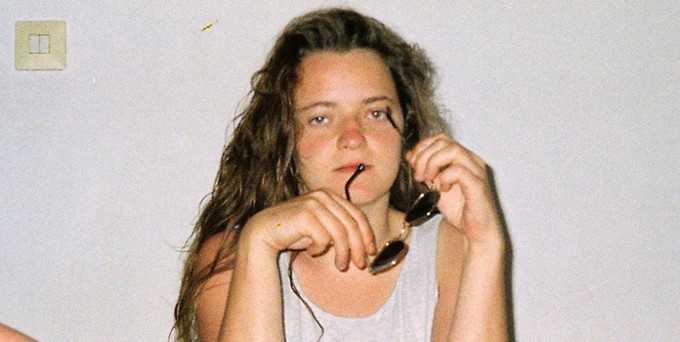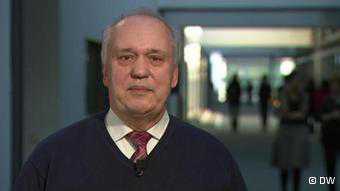Turkey will have an official representative in the court room for the upcoming trial of neo-Nazis accused of killing 10 people – eight of them Turks, the Turkish ambassador to Germany said.

But even before getting under way on April 17, the trial has come under intense criticism, after Turkish journalists failed to get reserved seats in the Munich court.
The court has held firm to its decision that media seats will only be guaranteed to the 50 journalists, mainly Germans, who had applied by email on a first-come-first-served basis during a three-hour time slot.
In an interview with dpa, Huseyin Avni Karslioglu, Turkey’s ambassador to Germany, said his country “fully trusts the German judiciary” but disapproved of the way it allocated seats.
“The trial is also meant to restore people’s trust. They want to know what really happened … so with issues affecting the press, the court should show a bit more sensitive behaviour,” he said.
Members of the self-styled right-wing National Socialist Underground (NSU) are to go on trial for the execution-style murders of 10 men with Turkish or Greek roots and a German police woman between 2000 and 2007, as well as bomb attacks and bank robberies.
There is only one surviving member from the three alleged neo-Nazi killers. Two male gunmen, Uwe Mundlos and Uwe Boenhardt, died in an apparent murder-suicide in 2011 after they were cornered inside a camper van by police following a bank robbery.
Their alleged female accomplice, Beate Zschaepe, 38, who lived with the two men for years, is being tried on murder and terrorism charges, along with four of their alleged supporters.
Karslioglu said he would attend the start of the trial, with other Turkish officials later taking his place.
“In Germany, a terrorist cell of neo-Nazis committed a gruesome series of murders, and the victims were almost all Turks,” said the diplomat. “As an ambassador, it is my duty to accompany the bereaved.”
Turks are the largest ethnic minority group in the country, estimated to number about 3 million.
For years police and some newspapers labelled the killings the “doner murders”, a reference to Turkish kebabs that suggested immigrant gang wars were behind the shootings.
The case has badly shaken Germany’s security establishment, which has faced severe criticism for failing to exchange key information while keeping neo-Nazis as paid informants.
Compounding the scandal, security services have admitted to shredding files on neo-Nazi groups, leading to the resignations of several senior security officials.
Now many fear that the damage will be compounded when Germany starts what has been billed as the trial of the decade in a 1970s-era court room expected to be too small, given large media interest and the many witnesses and victims’ relatives.
Source: GNA
via BusinessGhana – Ghana, Business Advice, Jobs, News, Business Directory, Real Estate, Finance, Forms, Auto.





